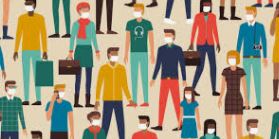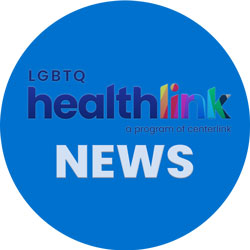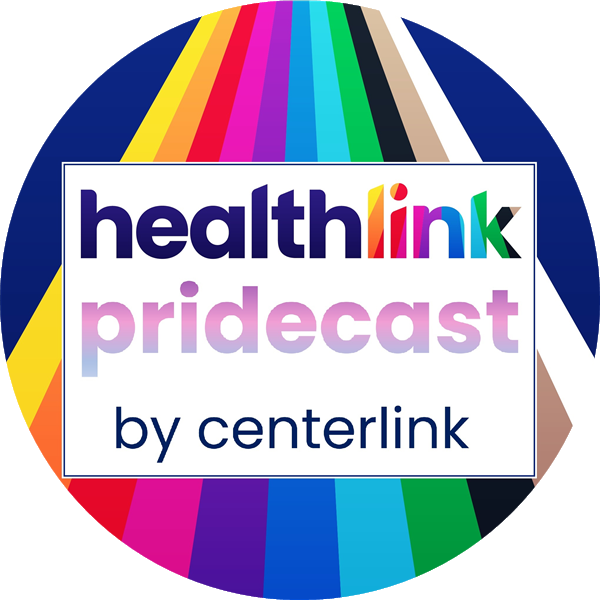Modelling HIV Prevention During the Pandemic

LGBT HealthLink, 3/2/2021
Modelling HIV Prevention During the Pandemic
A study examined how the COVID-19 pandemic might impact HIV rates among queer men in the U.S. Using modelling of Baltimore as an example, they found that if the number of sexual partners was reduced by 25% for six months due to shutdowns – and there was no dip in HIV prevention services – new HIV infections could be reduced by an average of 12.2%. On the other hand, if the number of partners remained the same and service access dipped, there would be an average 10.5% increase in infections over a one-year period. The results show the importance of maintaining service delivery, including as sexual activity returns to pre-pandemic norms.
Alcohol Use among Queer Women
Researchers explored alcohol use among sexual minority women, who tend to experience alcohol use disorder at about twice the rate of their heterosexual peers. They found that alcohol use as well as levels of social support and discrimination were all associated with symtoms of depression. Interestingly, though, they did not find that discrimination was associated with alcohol use. The results are part of the PRIDE Study.
Equality Act Returns to Congress
Gay City News reported that the Equality Act, which would ban discrimination against LGBT individuals in a number of areas, has been reintroduced in Congress. The bill has previously passed the House but has not made progress in the Senate. The law would expand on the Supreme Court ruling that included LGBT folks in employment nondiscrimination law, which is slowly spreading to other areas of the law as cases apply the Supreme Court’s reasoning.
Trans Masculine Folks and PrEP
Researchers examined PrEP use among trans masculine individuals who have sex with men, and found that 84% had heard of PrEP and 67% were interested. However, only 28% were on PrEP and only two-thirds of those on PrEP used it consistently, indicating room for increased usage among this population.
Chosen Families Matter in Leave Laws
Center for American Progress explored why it is important for LGBT individuals that families of choice be considered in paid family and medical leave policies. Fewer than half of LGBT Americans say they would rely on their families of origin if they were sick, and fewer than one-third would rely on a spouse; rather, many rely on friends and partners who are often not legally recognized. Coverage for LGBT people is especially important given the health and socioeconomic disparities the community faces.




